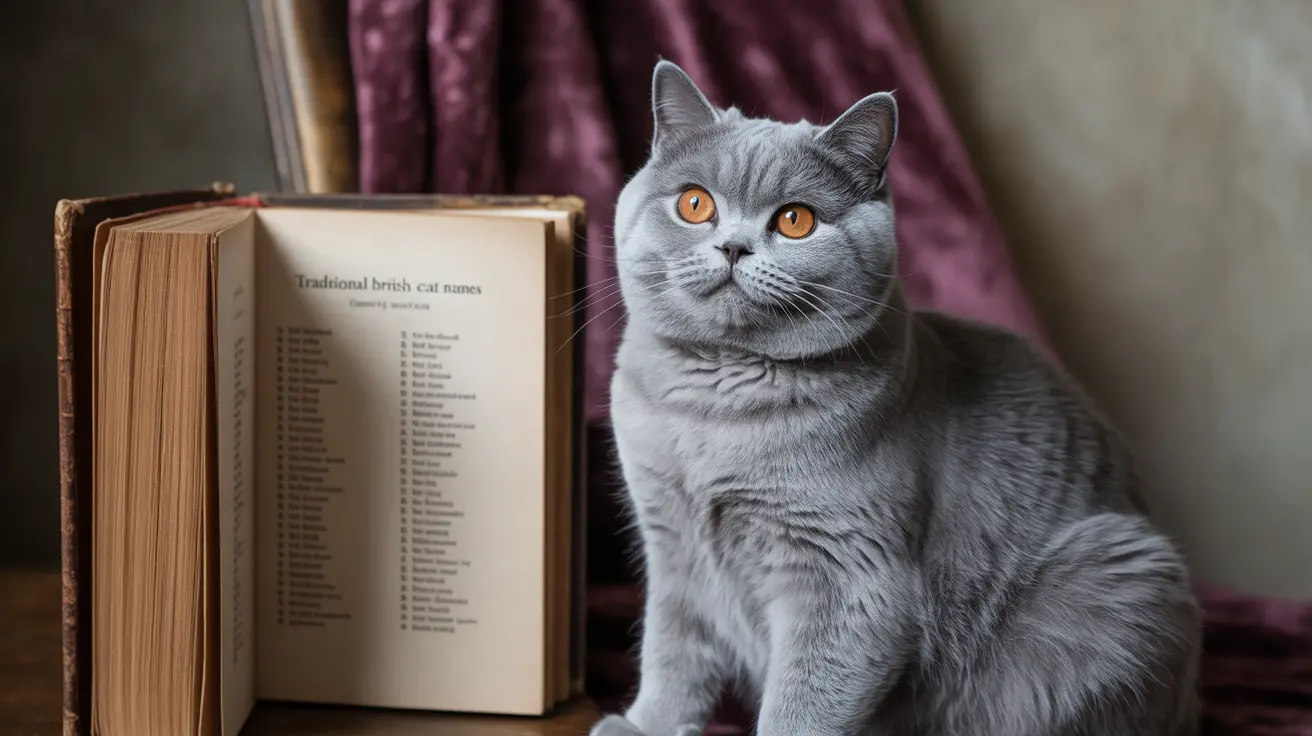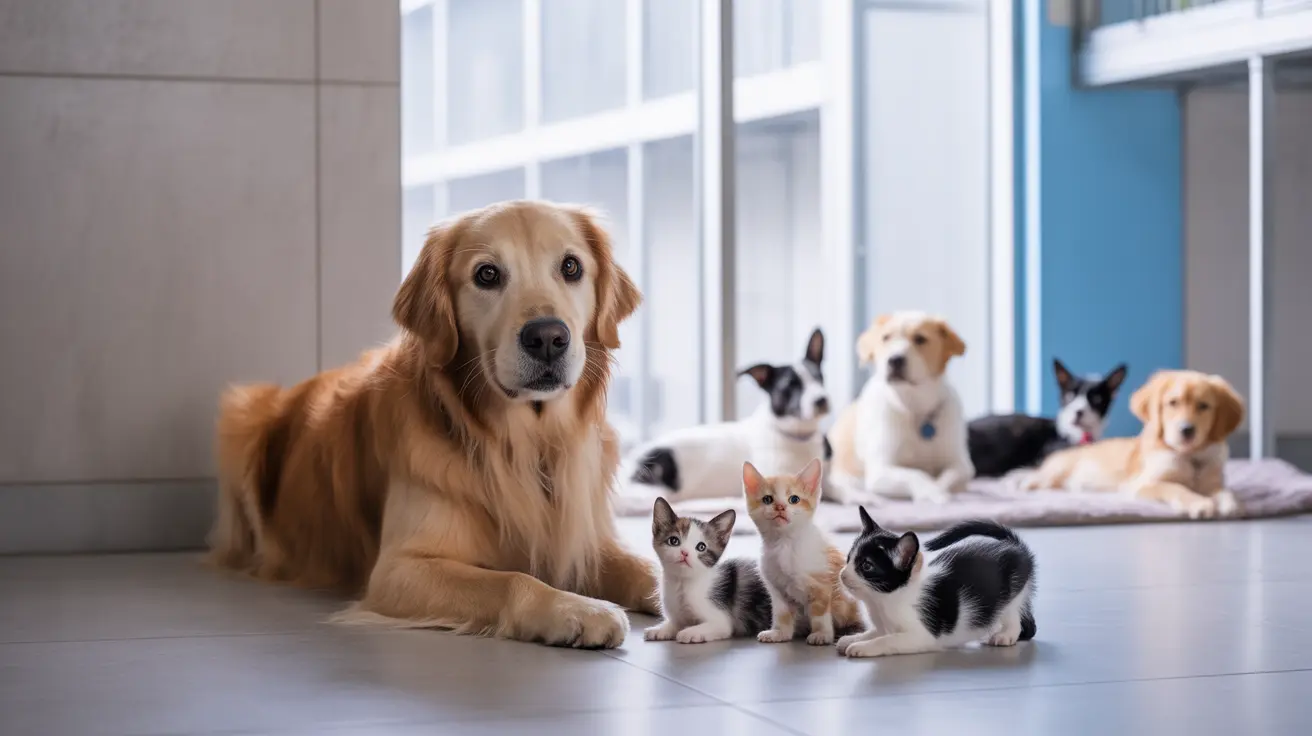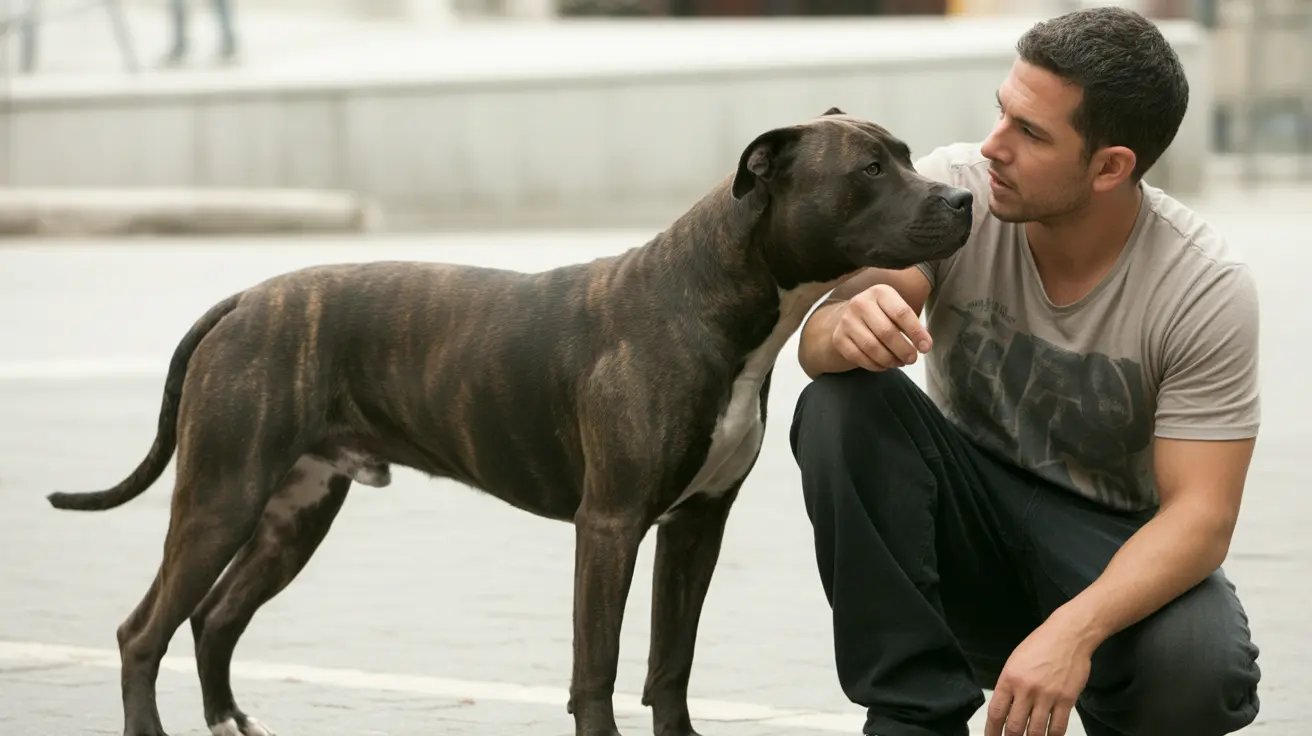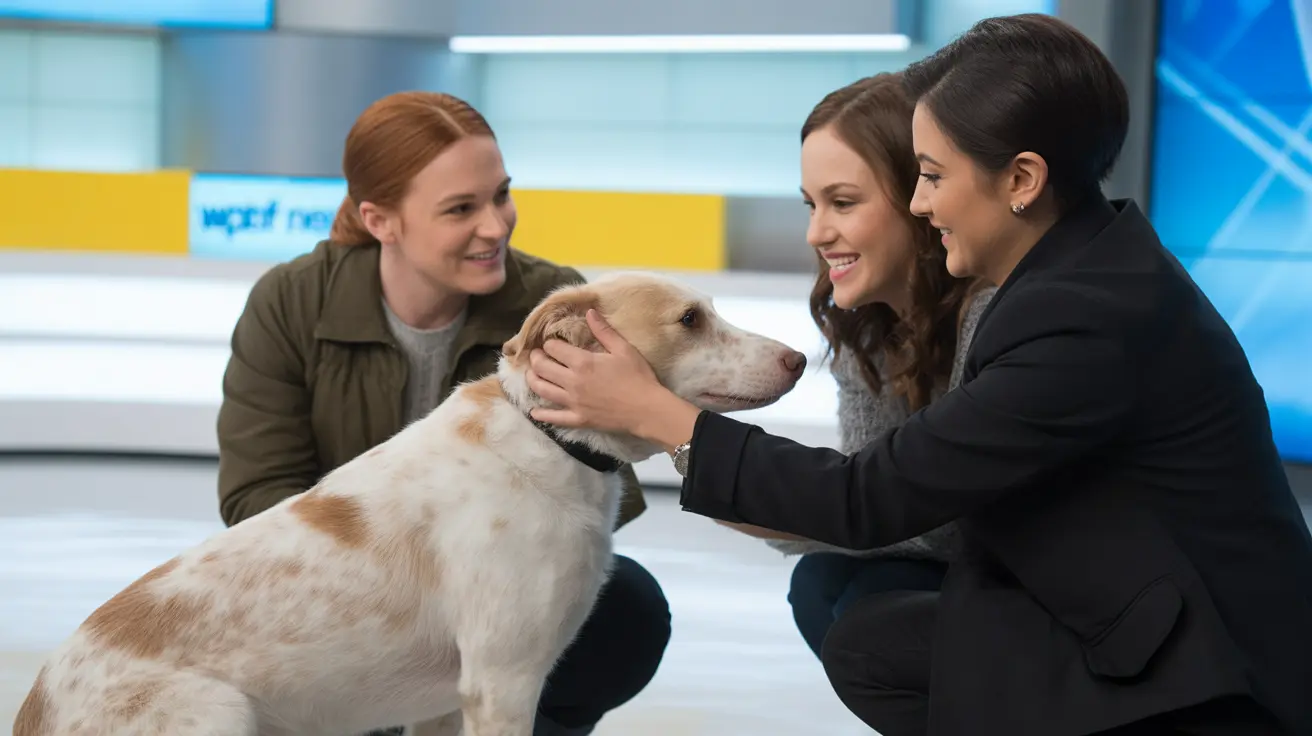Choosing the perfect name for your feline friend is an important decision, and British cat names offer a delightful blend of sophistication, history, and charm. From regal monikers inspired by the monarchy to quirky choices that showcase British humor, these names carry a distinct cultural flavor that cat lovers worldwide appreciate.
In this comprehensive guide, we'll explore the fascinating world of British cat names, diving into traditional favorites, modern trends, and the cultural significance behind these distinctive choices.
Traditional British Cat Names and Their Origins
British cat naming traditions have deep historical roots, with many beloved names originating from medieval times. Names like Tibbles, derived from Tybalt/Tibert, were common in folklore and reflected the perception of cats as clever, independent creatures. The name "Tom" gained popularity in the 18th century following the publication of "The Life and Adventures of a Cat," replacing older terms like "ram-cats."
Classic female names that have stood the test of time include Ada, Alice, Daisy, and Violet. For male cats, traditional choices like Bertie, Felix, and Oliver continue to charm pet owners with their timeless appeal.
Royal and Noble Influences
The British monarchy has significantly influenced cat naming conventions. Names like Victoria, Elizabeth, and Arthur carry an air of regality that many pet owners find irresistible. Adding prefixes such as "Sir" or "Lady" to simple names (e.g., "Sir Whiskers" or "Lady Paws") is a distinctly British tradition that adds a touch of aristocratic flair.
Literary and Cultural Inspirations
British literature has provided a wealth of inspiration for cat names. From Sherlock and Watson to names inspired by Shakespeare and Harry Potter, these literary references showcase Britain's rich cultural heritage. Modern British pop culture also influences naming trends, with choices like Lennon, Bowie, and McCartney growing in popularity.
Modern British Cat Naming Trends
Contemporary British cat names often blend traditional elements with modern sensibilities. Popular choices include:
- Luna, Bella, and Lily for female cats
- Charlie, Alfie, and Oscar for male cats
- Gender-neutral options like Sooty and Tiger
Place-inspired names like Windsor, Kensington, and Piccadilly offer a unique geographical connection to British culture.
Choosing the Perfect British Name for Your Cat
When selecting a British name for your cat, consider these factors:
- Your cat's personality and physical characteristics
- The name's historical or cultural significance
- How easily the name can be pronounced
- Whether the name suits your cat's breed (particularly relevant for British Shorthairs)
Frequently Asked Questions
What are the most popular British cat names in 2025, and what trends do they reflect?
Current popular British cat names include Luna, Bella, and Charlie for their classic appeal, while vintage names like Percy and Edwin are making a comeback. These choices reflect a trend toward both timeless elegance and nostalgic charm.
How do traditional British cat names like Tibbles or Tabby originate, and what do they say about cats in British culture?
Traditional names like Tibbles and Tabby have medieval origins, with Tibbles derived from Tybalt/Tibert in folklore. These names reflect the historical importance of cats in British society and their perceived characteristics of cleverness and independence.
Can I use British royal or literary names for my cat, and what are some classic examples to consider?
Yes, royal and literary names are excellent choices for cats. Consider Victoria, Elizabeth, or Arthur for royal inspiration, or Holmes, Potter, and Shakespeare for literary references. These names add sophistication and cultural significance to your pet's identity.
What are some unique or quirky British cat naming ideas, especially using prefixes or place names?
Try combining prefixes like "Sir," "Lady," or "Master" with simple names (e.g., "Sir Whiskers"). Place names such as Windsor, Kensington, or Piccadilly offer distinctive options. Double-barreled names like "Lord Butterworth" or "Lady Pembrooke" add extra British charm.
How do I choose a sophisticated British cat name that suits my cat's personality or appearance?
Observe your cat's behavior and physical characteristics. Consider their coloring, size, and temperament. Match these traits with appropriate British names - for example, a dignified gray cat might suit "Earl Grey," while an energetic kitten might be perfect as "Sir Bounce-a-lot."






